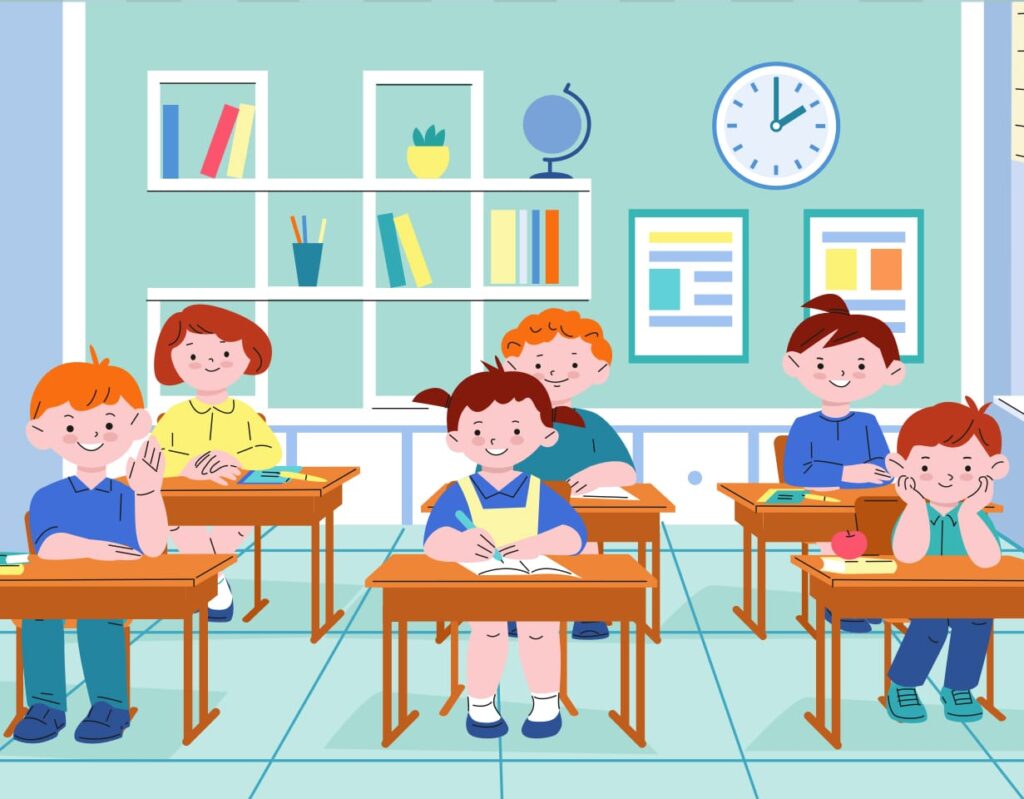Categories of 21st century students and how to help yourself as a 21st century student to improve your academics.

There are so many unique individuals with varied traits and characteristics as learners in the education system today. The differences in attitudes and character defined the differences in their performance and success in education. Base on this we will look at some categories of the current students we have in our 21st century educational system.
Category A students;
The students or learners in this category are the grade A students, they are always excellent and do well both academically and in their social life. These students are always alert, active and conscious to learn. They do more than they are demand to do. They are always positive and engaged all the time.
Category B students;
These students frequently does what is required of them. They complete most of their assignments but not all. They accept correction and are teachable.
Category C students;
Students in this category are capable of doing what is not require of them thus; they might do the right task but most often do what they were not ask to do. They do not accept correction easily and find it difficult to learn from their colleagues and seems to be correct even if they are wrong.
Category D and F students;
Students don’t follow instruction or hate to be instructed. They lack positive attitudes and are always negative, easily misunderstand assignments and deadlines and also have the ” I know it all attitudes”. Un involved when it comes to academic work and always want fun, are in attentive and not active.
The above are some of the categories of students in the 21st century educational system.
But there are some things you can do to help improve yourself or handle your weaknesses.
Be open minded and polite with everyone
Be flexible in your ideas, trying to listen to other people’s views or opinions without dismissing them automatically.
Try to refrain from being a “know it all’ and accept corrections or be ready to learn from others.
Learn to accept advise from others and do not always challenge/question them.
Prioritize your studies. Work on developing realistic expectations, exchange ideas and share insights.
As a students know where you belong and work on yourself, if it becomes necessary seek for advise and support.
As an educator strive to know your students that will help your to teach them better.






